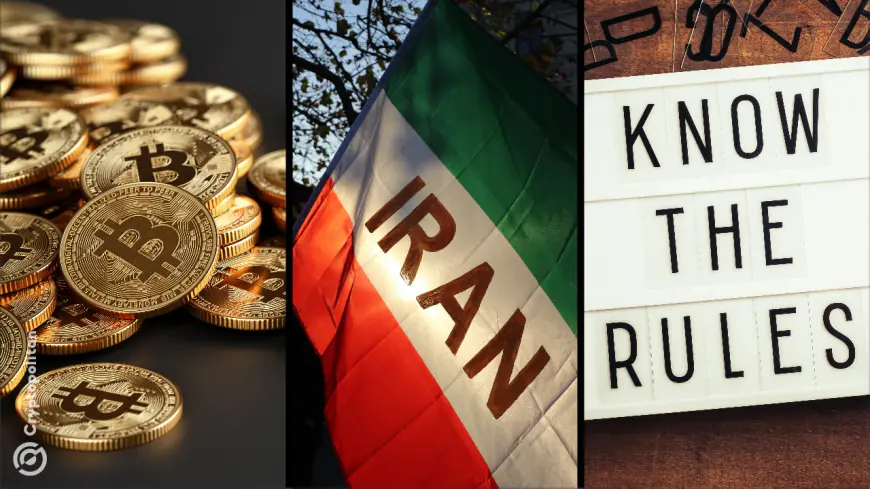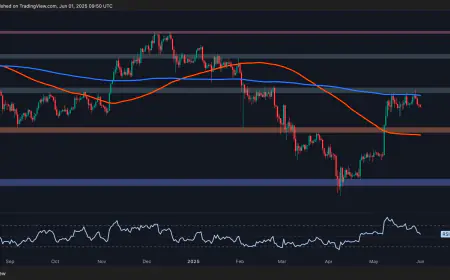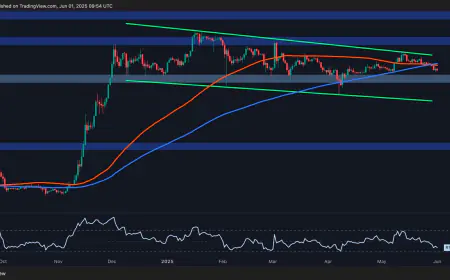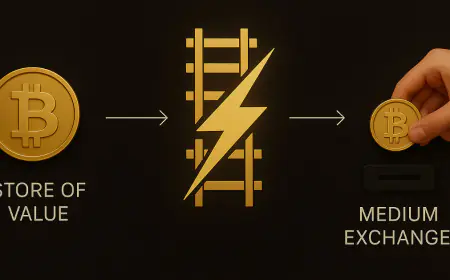Iran greenlights crypto regulatory framework
The Central Bank of Iran (CBI) has approved a regulatory framework for the cryptocurrency industry in the country. According to sources, the bank’s approval of the ‘Policy and Regulatory Framework for Cryptocurrencies’ puts it in the role of the industry’s regulator in the country, with the responsibility of regulating and balancing its oversight with economic […]

The Central Bank of Iran (CBI) has approved a regulatory framework for the cryptocurrency industry in the country. According to sources, the bank’s approval of the ‘Policy and Regulatory Framework for Cryptocurrencies’ puts it in the role of the industry’s regulator in the country, with the responsibility of regulating and balancing its oversight with economic development.
The framework details providing licenses to brokers and crypto custodians, which will be overseen by the CBI. The bank will also ensure that these firms follow anti-money laundering (AML), crypto tax, and counter-terrorism financing (CTF) laws.
According to the CBI’s governor, Mohammadreza Farzin, the bank will work with agencies like the Ministry of Finance and Economic Affairs to create an industry-friendly regulatory framework for the crypto sector.
CBI governor details benefits of crypto to Iran
According to the CBI governor, the country wants to use the crypto regulatory framework to leverage the potential of the assets in the space.
Minister of Economic Affairs Abdolnasser Hemmati also echoed the same sentiments, noting that the government has no intention of stifling the asset’s potential. “Attempts to impose limitations have failed. Instead, we aim to manage their risks and capitalize on their benefits, including job creation and bypassing sanctions,” Hemmati said.
Hemmati mentioned that instead of looking at the negative aspect, it is better to look into its impact on the economy. He also called for support as regulators make key moves to expand Iran’s digital economy. Hemmati also urged crypto stakeholders to create a unified association that will protect their interests while helping the country expand its digital footprints. He hailed the development as a positive one that will benefit the country and its residents who wish to embrace the new technology.
Over the years, Iran has turned to Bitcoin and other digital assets in the face of sanctions from the United States. With the sanctions limiting its financial scope, the country has opened up to crypto mining, albeit under strictly regulated conditions. The country, according to several reports, sees mining as a way to generate income and turn its economic situation around for good. Iran has also tried to use crypto to settle international trade, bypassing sanctions.
Iran has had to deal with regulating crypto and US sanctions
The crypto industry in Iran has been under regulatory scrutiny as part of efforts to prevent illegal activities. Many consider the latest framework approved by the country’s government and central bank as a set toward integrating its financial system with others around the world.
Iran made crypto mining legal in 2019, urging interested miners to register for licenses to operate. The government gave the miners stringent conditions, which included paying higher for electricity, providing different kinds of identifications, and selling most of their mined assets to the government. However, in December 2021, it asked miners to shut down operations, citing the adverse effects of their operations on the national grid during the chilly period.
A few months later, the government reversed course and gave the green light for miners to resume their activities in September 2022.
In 2022, Iran created a regulatory framework for the cryptocurrency industry in an attempt to use the digital asset to bypass United States sanctions. At the time, the country was sanctioned by the United States due to its nuclear program in its capital city of Tehran. It made the announcement on August 29, weeks after the country approved the import of $10 million worth of cars using digital assets.
While the previous rule focused on mining activities, this new rule gives the central bank the power to oversee other crypto activities.
From Zero to Web3 Pro: Your 90-Day Career Launch Plan
What's Your Reaction?





































































































